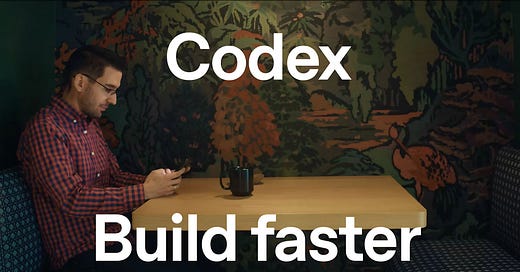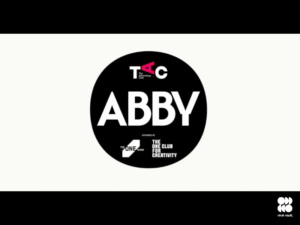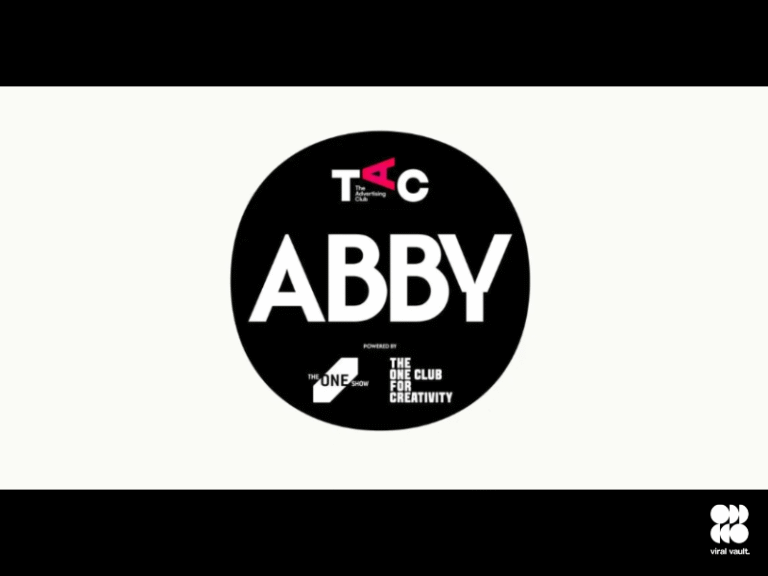A powerful cloud-based coding assistant, Codex can write features, fix bugs, and verify its own work—now available for ChatGPT Pro users.
OpenAI has officially released Codex, a cloud-based software engineering AI agent now available within ChatGPT. Initially rolled out for Pro, Enterprise, and Team users, Codex is designed to handle a wide range of programming tasks—from writing new features to debugging existing code – while operating in isolated, secure environments.
What is Codex?
Codex is an AI-powered engineering agent that can autonomously execute software development tasks. According to OpenAI, it’s capable of:
- Writing new code features
- Identifying and fixing bugs
- Answering questions about the user’s codebase
- Running tests, linters, and type checkers
Each task runs in its own sandboxed environment, ensuring safety and privacy. Users can initiate tasks through the ChatGPT sidebar by selecting ‘Code’ for development tasks or ‘Ask’ to query the codebase.
Powered by Advanced Reasoning
Codex is built on a specialized version of OpenAI’s o3 model, optimized specifically for software engineering. This version was trained using reinforcement learning on a variety of real-world coding challenges. As a result, Codex can:
- Follow instructions precisely
- Write code in a human-like style that matches common pull request (PR) practices
- Automatically test its own output until it passes
“It’s amazing and exciting how much software one person is going to be able to create with tools like this,” said OpenAI CEO Sam Altman in a post on X (formerly Twitter).
How It Works
To use Codex within ChatGPT:
- Navigate to the sidebar in ChatGPT.
- Assign a coding task using a natural language prompt and click ‘Code’.
- To ask questions about your codebase, use the ‘Ask’ option.
- Monitor Codex’s progress in real-time.
Most tasks take anywhere from 1 to 30 minutes, depending on complexity.
Transparent and Traceable
Codex stands out for its verifiability. Once a task is completed, it provides evidence of its actions, including:
- Terminal logs
- Test outputs
- File edits
This allows users to trace each step Codex takes and ensure accuracy, helping prevent “hallucinations” (i.e., when AI fabricates information).
What’s Next?
While Codex is currently available to Pro, Enterprise, and Team users, OpenAI plans to expand access to Plus and Education (Edu) tiers in the coming weeks.
As OpenAI continues to push the boundaries of AI-assisted software development, Codex could become a cornerstone tool for developers, significantly boosting productivity and accessibility in coding.












